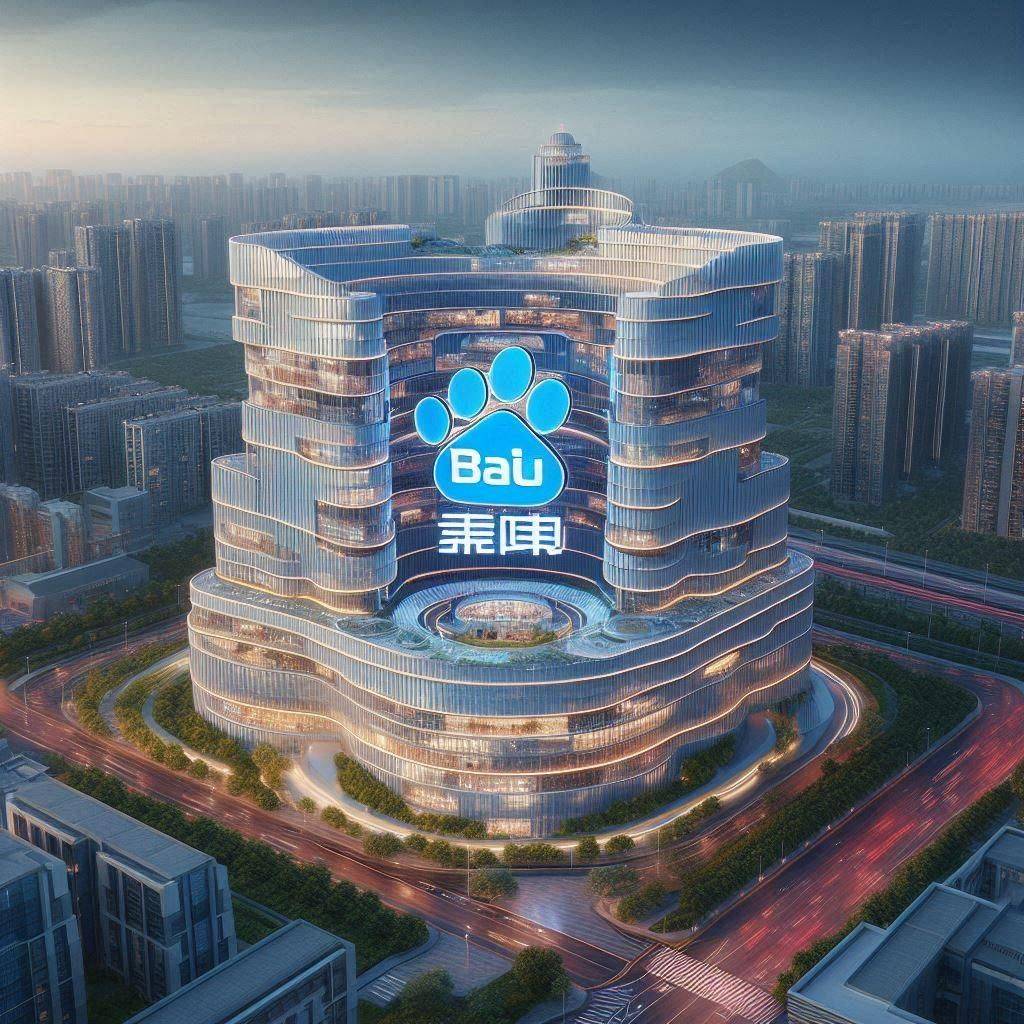FunPlus’s New Simulation Zombie Defense Game
About Balance Transfer Basics!
Seven Predictions on Global Mobile Games in 2021 (Ⅱ)
Minecraft Map Understanding Guide
What You Need to Know About Secured Credit Card Deposits!
With monthly subscription of USD14.99 in Ubisoft, you can enjoy hundreds of 3A games!
The internet opened up doors for many people in many sectors, including those with ingenious minds yearning to invent something remarkable.
Robin Li is among those visionaries, a Chinese Internet entrepreneur and billionaire who co-founded Baidu Inc., China’s largest search engine and a serious rival of Google.
Along with his partner Eric Xu, Li made Baidu the largest search engine in China. Little did they know that their creation would one day surpass Google in the massive Asian market.
But how did it all start? Let’s dive into how Robin and Eric earn billions and achieve the unthinkable despite facing severe financial challenges.

Baidu’s first steps and Rankdex
Born on November 17, 1968, Robin Li was the only boy among five kids in a working-class family in Tangquan, China.
Regardless of growing up in an underdeveloped region with limited educational facilities, Robin studied hard and successfully passed the Peking University entrance exam.
He joined the university in 1987, and by 1991 he had graduated with a bachelor’s degree majoring in library information management.
Desiring to find a job immediately after college, Robin worked for more than eighteen months at a company located in Beijing. However, he wanted to have further studies overseas.
He got an admission into the fellowship program at the State University of New York. On receiving his master’s degree in 1994, initially Robin had planned to complete his Ph.D. degree in computer science but instead preferred getting employed before then.
A software engineer position was secured by him at IDD Information Services, which is part of Dow Jones & Company.
While at IDD, Robin was exposed to search engine algorithms. Here he started working on his page-ranking algorithms that later led him to create Rankdex, the first search engine containing such technologies as page-ranking and site-scoring algorithms.

Setting the stage for Baidu
Robin Li quickly attracted attention with his innovative work, which inspired Google’s PageRank algorithm. Fascinated by the possibilities of search engines, Robin developed Rankdex as a standalone ranking algorithm.
He subsequently left his position at IDD in 1997 and joined Infoseek under Chief Technology Officer William I. Chang.
Infoseek became an ideal place for Robin because the company was involved in the development of search algorithms. It was during his two years there that Robin came up with a new feature for Go.com that enabled searching for pictures.
In 1998, during a summer picnic, his friend Eric Xu introduced him to Yahoo's search engine team leader, John Wu.
John spotted Robin’s potential as soon as he met him, and the discussion for Baidu finally began. In 1999, Robin left Infoseek.
By using his connections in Silicon Valley, Robin, along with Eric, were able to raise $1.2 million from venture capital firms Integrity Partners and Peninsula Capital. With the funds secured, they returned to China and established Baidu Inc., based on the Rankdex algorithm itself.
The birth of Baidu
There is a saying—the best inventions often come about from very humble beginnings. When they first got started in China, Robin Li and Eric Xu had no apartment and began working at a hotel right opposite their previous school, Peking University.
In September 2000, IDG Technology Venture and Draper Fisher Jurvetson awarded them $10 million to support the project.
Utilizing this capital, Baidu emerged as an autonomous search engine, providing services for other Chinese portals that became its first clients. Robin was given the chairmanship while Eric was made the first executive officer.
In 2001, Robin and Eric introduced Baidu.com, which completely transformed Chinese searches. The website initially made money by allowing customers to bid for ad space and paying Baidu for each click on their advertisements.
In a short period of time, Baidu managed to win over many users, making it one of the most popular sites on Chinese computers.
Baidu became famous within China after the internet bubble burst in the United States. In the same year, Robin was ranked one of “China’s Top Ten Innovative Pioneers,” which established his name in the search engine industry.

Baidu starts taking over the world
Robin Li knew going head-to-head with Google was the way to get his product out there. Erix Xu left the company in 2004, with Robin becoming its new CEO. However, despite these changes, Baidu continued doing well and inventing new things.
On August 5, 2005, Robin took Baidu public on NASDAQ. Its shares jumped by a record 350% from $27 to $122 at opening, making its largest debut on NASDAQ since the Dot-com bubble burst. Within one day, Robins’ company instantly became worth four billion US dollars.
Although initially skeptical of Robin’s emphasis on ads, Overture was selling advertising space based on search results that demonstrated a change in market trends across the board.
The board eventually grew into realizing what potential lay in Robin’s vision and trusted him to build around it a brand of search engines.
By 2010, Baidu had become China's leading search engine, being referred to as ‘The Chinese Google’. This led to Baidu’s continued growth as Robin formed partnerships with companies like Qualcomm and Bosch.
Simultaneously, he started working on AI, which culminated in the production of a self-driving car called Apollo Project for Baidu. Baidu’s position today
Baidu has now become one of the greatest tech companies in the world. Serving approximately 130 million Chinese internet users through its search engine, it is the world’s second largest market after the US.
Besides basic searching features, Baidu includes services such as Baidu MP3, News and Image search. The site attracts a huge number of young Chinese who want to download music, create blogs or find images.
Since its inception in 2000, Baidu has made significant strides. From being a mere search engine company to evolving into a leading artificial intelligence company, this corporation’s success has been hinged on its continuous growth policy.
With a strong thrust toward artificial intelligence (AI), self-driving vehicles, cloud storage capabilities, and medical assistance, Baidu remains poised to lead the way forward in technological terms for another wave.